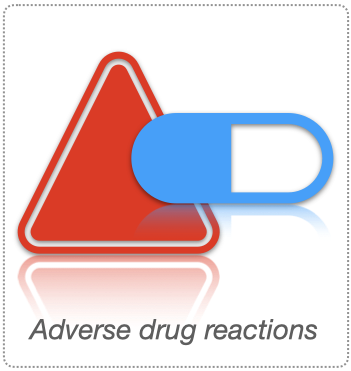FAERS: FDA Adverse Event Reporting System

The FDA Adverse Event Reporting System (FAERS) is a public database containing information on adverse events and medication errors. An adverse event is any symptom that occurs while taking a drug, which may or may not have been caused by the drug. Providers, patients, and manufacturers voluntarily report adverse events to FAERS. The dashboard associated with the database provides cases per year, demographics, reaction group, reaction. The FDA uses FAERS to search for new safety concerns related to a medication. If new safety signals arise, the FDA may conduct further studies and be better equipped to inform the public.
Although FAERS is a valuable resource for post-marketing surveillance of drugs and biologics, there are some limitations with using the FAERS. The data is based on public reporting, which means it is not regulated in a controlled setting. Most adverse events are commonly found during the clinical trial portion of a drug’s lifecycle. There are strict inclusion and exclusion criteria in clinical trials, allowing the drug to be studied in a stable patient population. In a real-world setting, concomitant medications and lifestyle factors can contribute to unwanted adverse events. The FDA acknowledges that the existence of an adverse event reported for a drug in FAERS does not mean that the drug caused the adverse event. For instance, a patient can be on a hypertensive medication and have a terrible fall. The physician may report to FAERS that the patient’s injury directly resulted from the hypertensive medicines. However, other factors may be involved– a drug interaction, a slippery step, or restless sleep.
Additionally, FAERS data is not an appropriate source to calculate the incidence of an adverse event in the United States. Further, redundancy and wrong inputs are often a cause of worry. Even though the FAERS database has these limitations, it is still an essential and valuable tool to find incidents where the drug may cause undesirable events in a significant number of individuals.
In health care, accurate documentation is critical for safety. Opening the public’s understanding of reporting adverse events is the first step to medication safety. Nucleati has recently developed Adverse Event Document Store to find evidence of an association between the drug and adverse reaction. The portal provides easy to search interface for individual case reports, interaction, safety/efficacy reports, and genomic factors that cause adverse drug reactions.